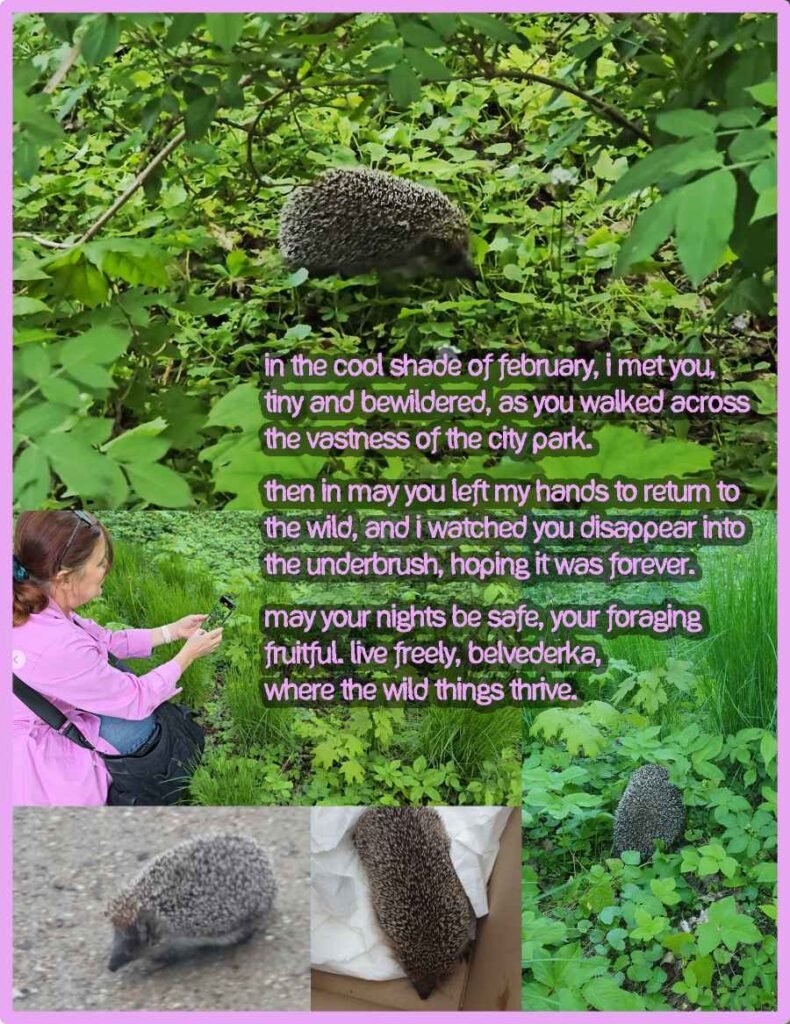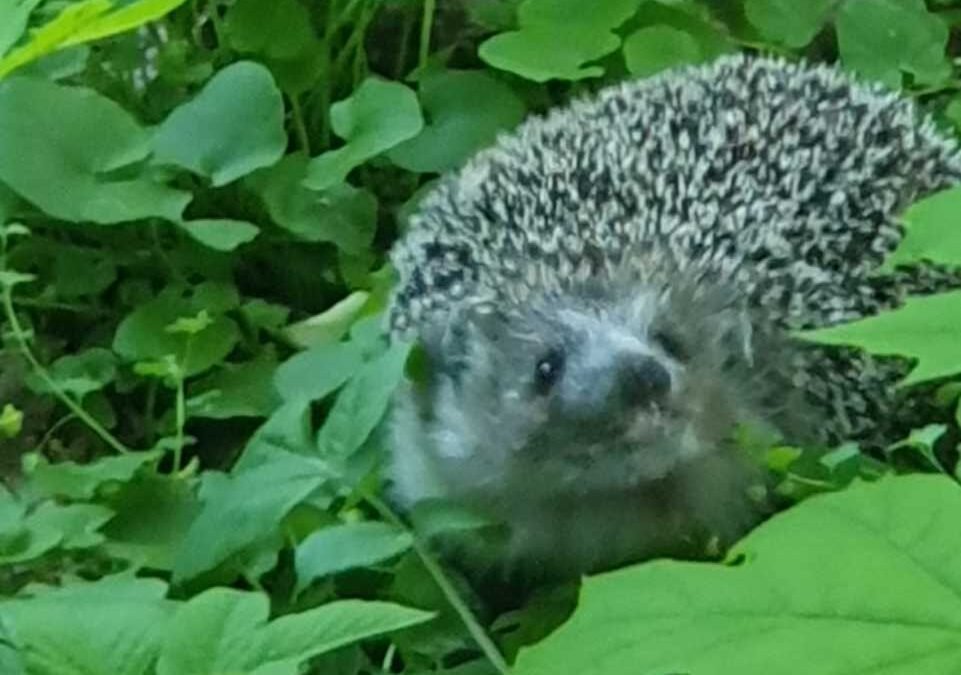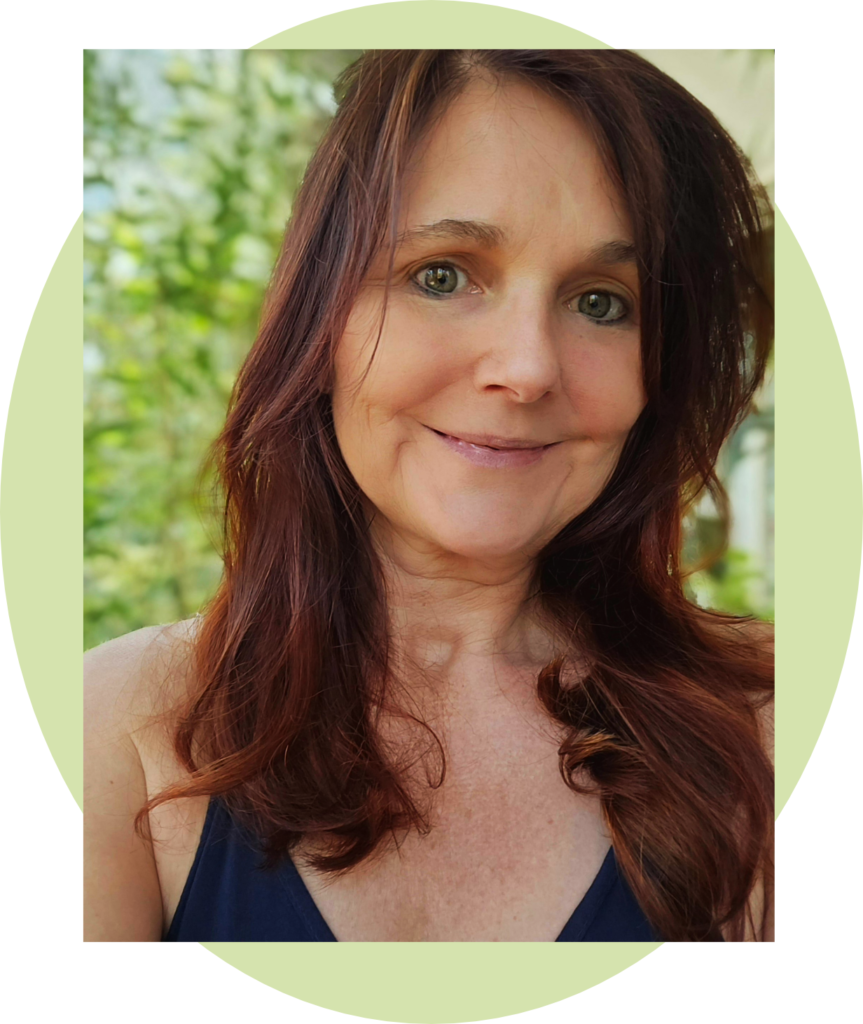It’s been almost a year since I released Belvederka back into the wild—the young hedgehog I found disoriented and vulnerable in February on a parking lot at a city park on my way to a gym class.
Seeing her was a shocker. I’ve spotted city hedgehogs before, but never this time of year. Something felt off. As she marched into the parking lot, I stood in front of her to block her way. She didn’t care. She walked right towards me, not scared at all, just a bit wobbly.
A stranger helped me lead her to a safer, bushier spot. I decided it was all I could do. She was a wild animal. Wild animals know what to do. Surely, she had a place to go. And I had a class to attend.
I started for the gym, then froze. I was like, “Of course!” and “Duh!”
The poor animal was up way too early from hibernation—the winter was too warm!—and needed help.
I dashed back to the park—the stranger was still protecting the tiny critter. Unsure what to do, I quickly did a search online for someone who would know what to do. Thankfully, I found him. A guy from a place close by that rescues hedgehogs, squirrels, tiny bats, and other unlucky creatures in need of help. (Well, they surely are lucky to have him!).
Thanks to a box from a stranger, I got that hedgehog to the wildlife center, where Belvederka (named after the street where she was found), received the necessary care to recover.
She was emaciated and injured when she arrived but after two months of dedicated care, she was healthy enough to be released back into her natural habitat in the vicinity of where she was first discovered. I still think of her when I visit the park and wonder how she’s doing. I hope she’s fine and that I never see her again (or at least not in such unfortunate circumstances).

In the cool shade of February, I met you, tiny and bewildered.
You walked bravely across the vastness of the city park.
then in may you left my hands to return to the wild and I watched you
disappear into the underbrush, hoping it was forever.
May your nights be safe, your foraging fruitful.
Live freely, Belvederka, where the wild things thrive.
I will visit you, but hope to never see you again.
This story is a call to action for all of us living in urban or suburban jungles.
But how do we decide which animals need our help?
It’s not always straightforward. A small blackbird who appears stranded on the ground may not be in any danger at all; he could simply be a fledgling still learning to fly, under the watchful eyes of its parents somewhere nearby.
Conversely, an adult hedgehog out in daylight might need immediate help—it is unnatural for these nocturnal creatures to be active during the day unless something is amiss.
Understanding when to intervene can be tricky. Here are a few tips:
- Observe First: Quick actions can sometimes do more harm than good. Watch the animal from a distance; its parents may be returning soon, or it may recuperate on its own.
- Look for Signs of Distress: Visible injuries, signs of pain, or a clear danger like being trapped or in immediate threat from traffic are definitive signs that an animal needs help.
- Minimize Stress: Handle the animal as little as possible to reduce stress. Use gloves to gently place the animal in a secure box with ventilation.
- Contact Professionals: If you are unsure, the safest bet is to call a local wildlife rehabilitation center or an expert who can provide the best advice or assistance.
Looking out for smaller creatures isn’t just about animal welfare;
it’s about cultivating a sense of community and respect for all life forms.
Each animal, from the tiniest pigeon to the shyest hedgehog, has a role to play in this world.
By being more observant and cautious, especially on the roads, we can save lives.
Let’s make our neighborhoods safer, not only for ourselves
but for all the creatures with whom we share our spaces.
Let’s drive slowly, pay attention, and remember:
Every life is worth noticing.
Take care,
Joanna
PS. If you haven’t already, be sure to subscribe to my newsletter, with plant-based recipes, stories like this, news about new releases, and more.


